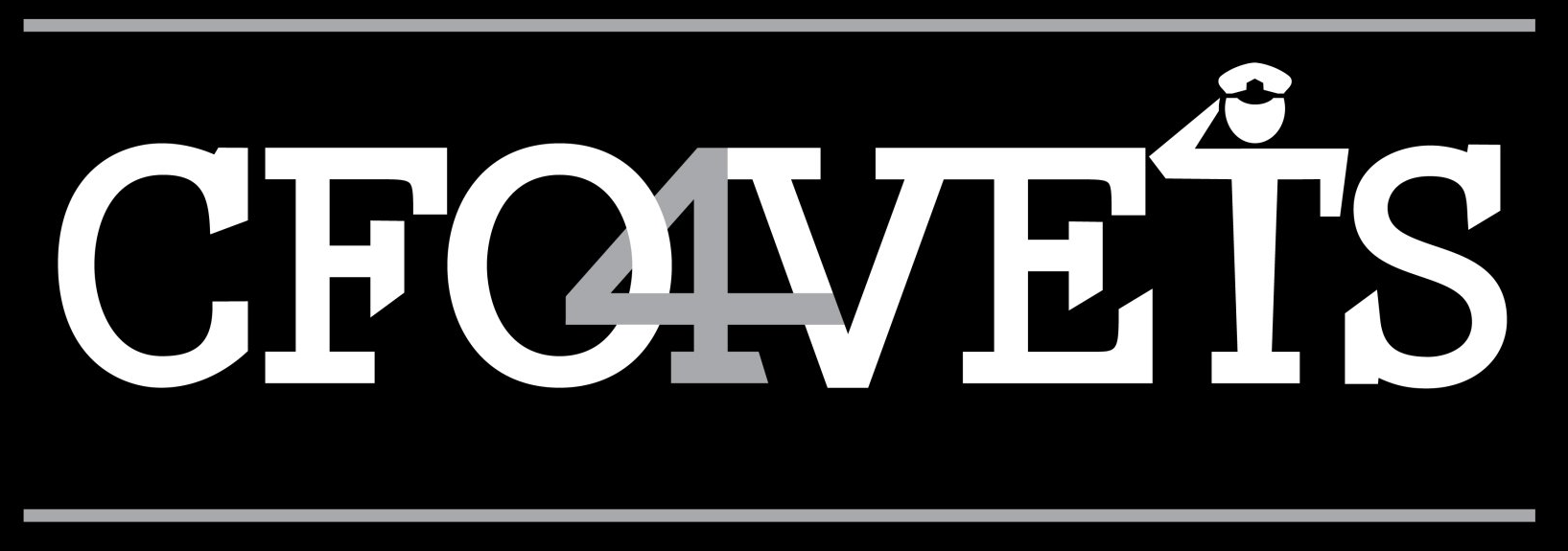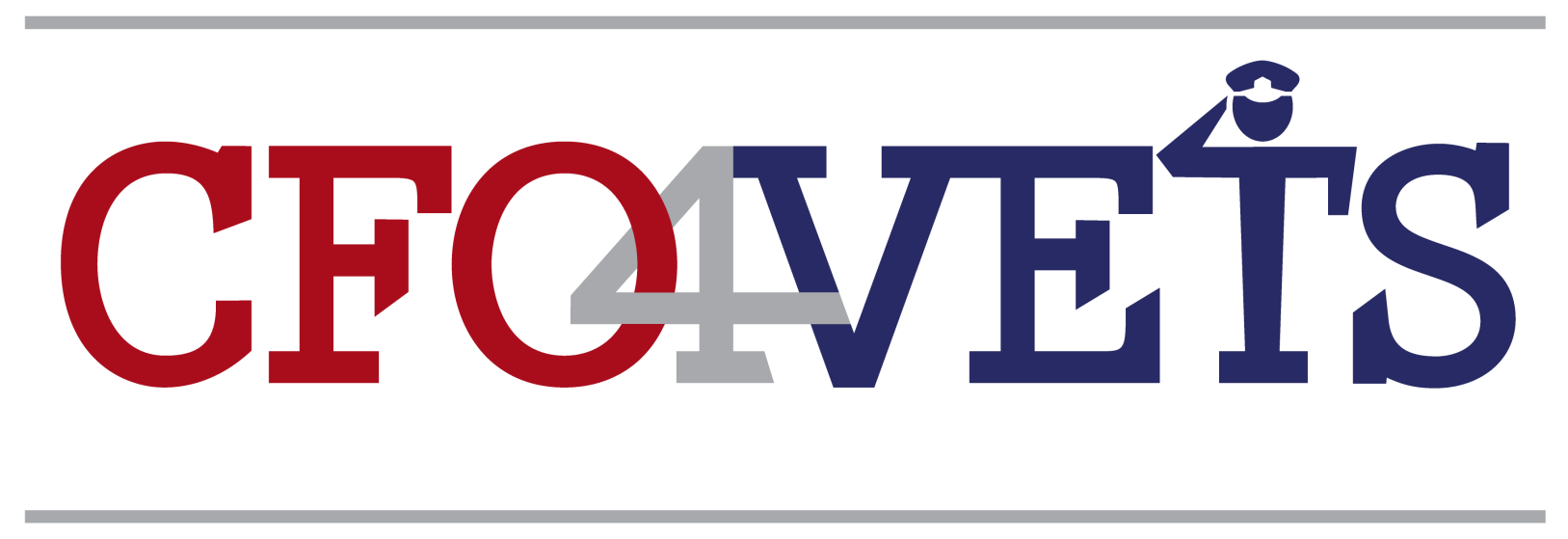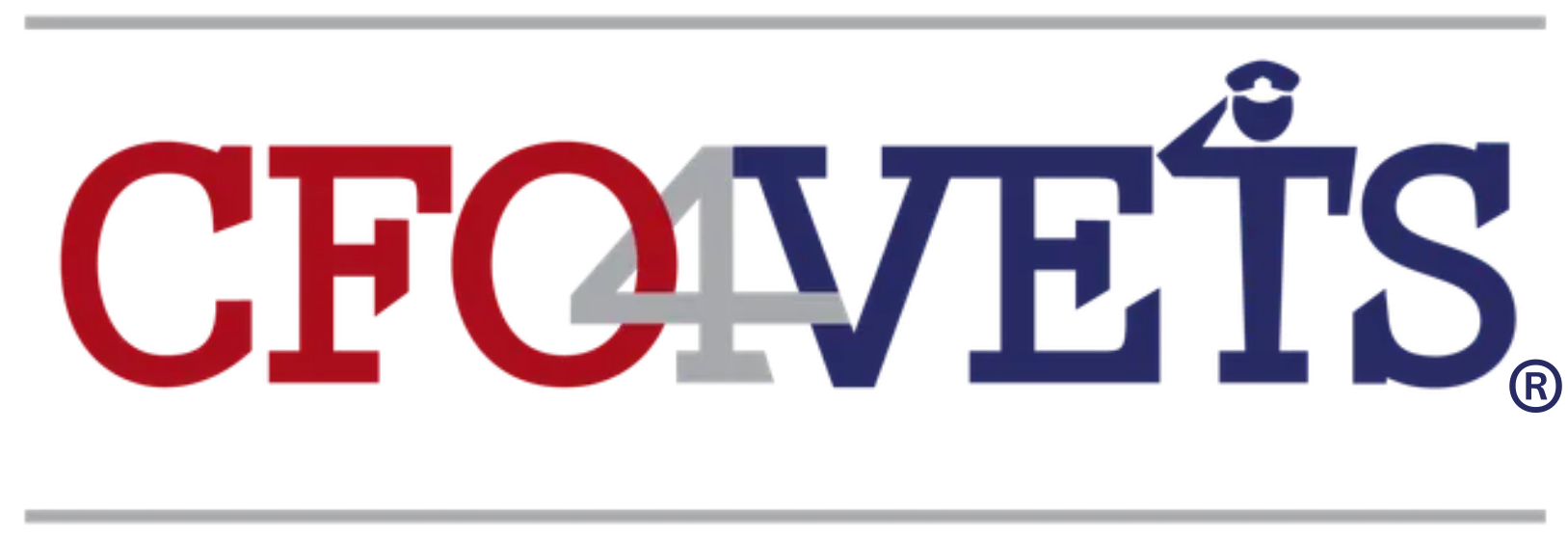Small businesses periodically experience revenue stagnation due to the absence of professional financial skills, reports, and processes. Finance is not an asset to your company but simply a backward-looking scorekeeper.
Why? Because small businesses are calibrated to minimize “overhead” costs. Moreover, minimizing overhead costs is a sound business finance doctrine. As companies progress in size, CPAs and bookkeepers handle basic accounting. CPAs are responsible for preparing the tax returns and minimizing the corporate tax liability. Bookkeepers maintain a simple, retrospective financial scorecard. Both CPAs and bookkeepers are employed part-time to keep the finance ship afloat. Minimal finance staffing is ok up to a point.
Then, the business struggles or fails to progress further. The rationale for a simplistic approach to finance must be reconsidered. Why? Because the absence of in-house finance knowledge and process is often one of the key impediments to the growth of the business.
Let’s consider the example of a company with fifty employees. The company has been a successful privately-owned business for fifteen years. Then, after fifteen years, the company’s revenue stagnates. The finance staff is barebones with minimal infrastructure. The company grew considerably over its history. Now, for three consecutive years, revenues are flat. One of the reasons for flat revenues stemmed from the sales teams performing a host of accounting functions, including billing and collecting receivables. Consequently, ancillary accounting tasks partly usurped the sales team’s valuable selling time. The diminishment in sales effort detracted from the team’s ability to both sell and nurture client relationships.
This situation is a familiar refrain for small businesses that have plateaued. The fear of introducing too much overhead into the profit mix results in a stalemate. The traditional finance functions are dispersed throughout the company to the detriment of other parts of the business. Finance keeps score because that is the extent of its capability.
How Best to Remedy this Dilemma?
1. Augment junior finance staff to offload the basic billing and collections from sales or other departments. In addition to handing the essential functions to accounting professionals, the rest of the company experiences time liberation, and thus productivity increases.
2. Hire a part-time (fractional) CFO to aid the company in elevating revenues surpassing the plateau.
3. A skilled fractional CFO will devise relevant financial analysis, key performance indicators (KPIs), and comparative industry metrics to clarify the business’s financial strengths and weaknesses.
4. The insight gained from the cogent financial analysis will provide fuel for bursting through the artificial revenue barrier.
5. The right fractional CFO will transform finance from a retroactive scorekeeper to a forward-looking, analytical, strategic asset.



Stay Connected!
Contact Us
Thank you for staying in touch! We look forward to helping.
Please try again later




